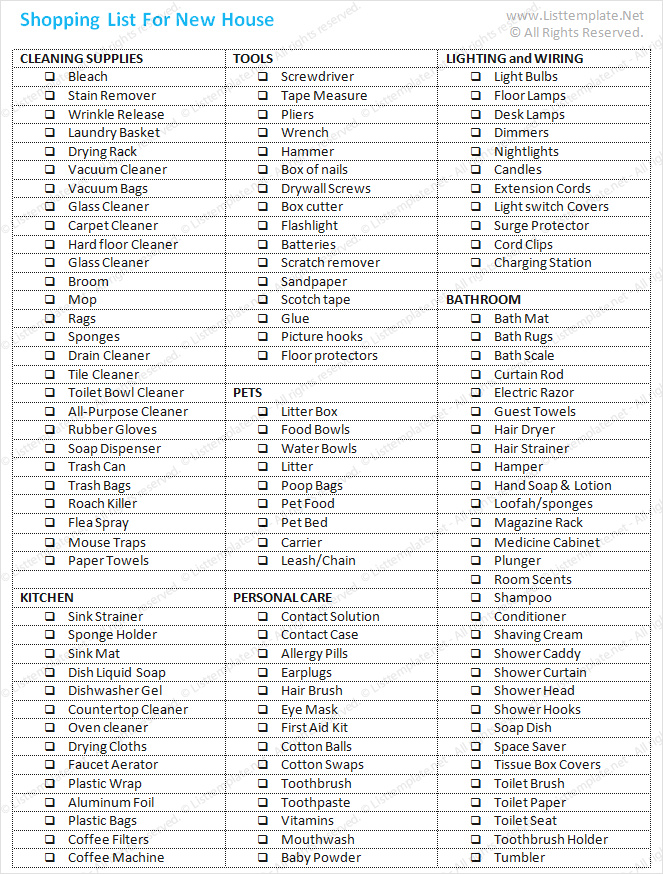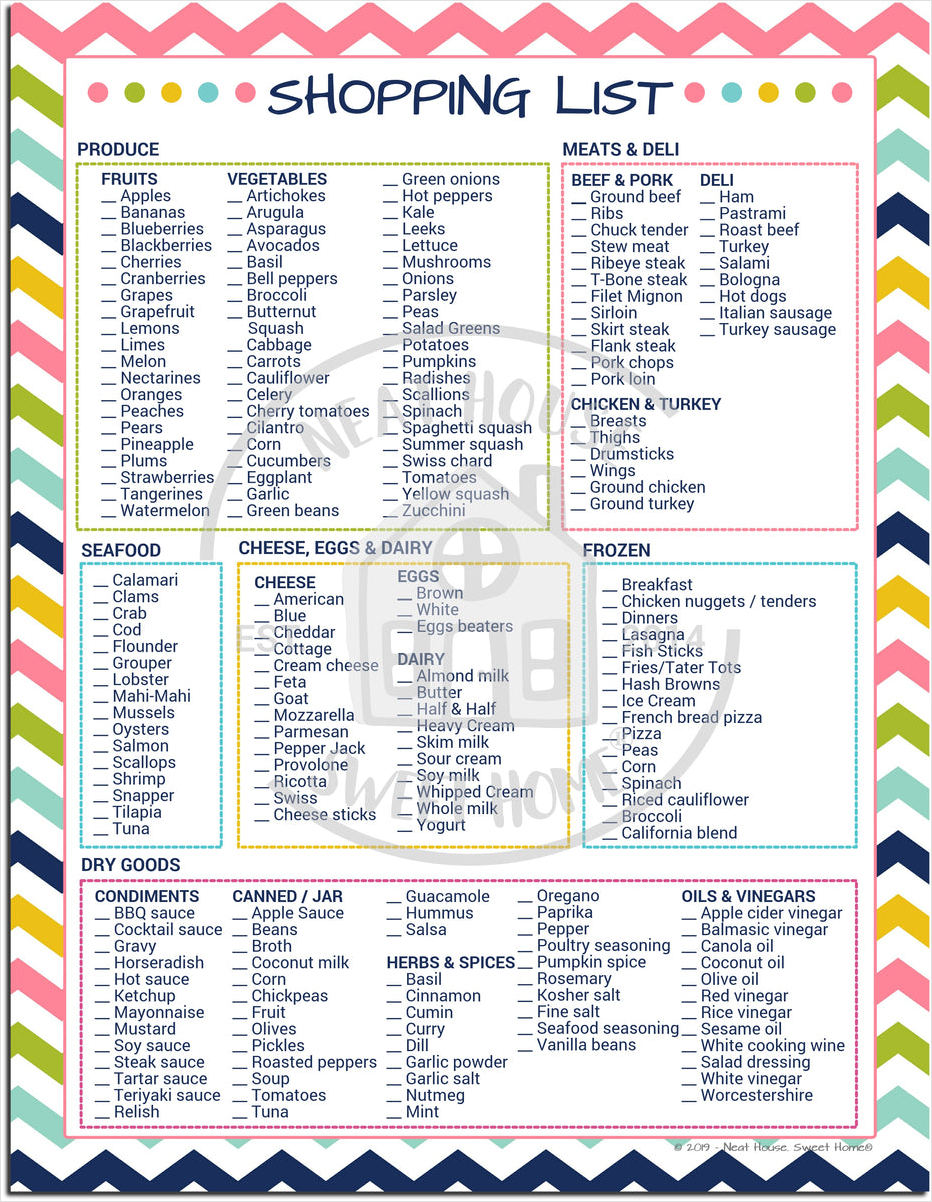
Buying your first home is an exciting milestone in your life. It marks a new chapter and a sense of accomplishment. However, the process can be overwhelming, especially if you’re not sure where to start. That’s why we’ve created the ultimate first home shopping checklist to guide you through the journey. From understanding your budget to finding the right location and making necessary inspections, this checklist will ensure you have all the essential steps covered. So, let’s dive in and make your first home-buying experience a smooth and successful one!
Understanding Your Budget
Before you begin your home shopping journey, it’s crucial to have a clear understanding of your budget. Assess your finances and determine how much you can afford to spend on a home. Consider your monthly income, expenses, and any potential changes in the future. This will help you set a realistic budget and avoid getting into financial trouble down the line.
When calculating your budget, keep in mind additional costs such as closing fees, property taxes, and homeowners insurance. These expenses can add up quickly, so it’s essential to factor them into your overall budget.
Finding the Right Location
Location is a significant factor when it comes to buying a home. Consider your lifestyle, commute time, and proximity to essential amenities such as schools, hospitals, and grocery stores. Research different neighborhoods and visit them in person to get a feel for the area. Talk to locals and ask about the community, safety, and any potential future developments that may impact the value of your home.
Additionally, take into account the long-term potential of the location. Is the area up-and-coming? Are there any major infrastructure projects planned? These factors can affect the future value of your home, so it’s essential to consider them during your decision-making process.
Getting Pre-Approved for a Mortgage
Before you start looking at homes, it’s a good idea to get pre-approved for a mortgage. This will give you a clear idea of how much you can borrow and help you narrow down your search. Contact different lenders and compare their offers to find the best mortgage rates and terms. Getting pre-approved will also show sellers that you’re a serious buyer, giving you a competitive edge in a competitive market.
During the pre-approval process, the lender will review your financial information, including your credit score, income, and debt-to-income ratio. It’s important to have all the necessary documents ready, such as pay stubs, tax returns, and bank statements, to speed up the process.
Working with a Real Estate Agent
While it’s possible to navigate the home-buying process on your own, working with a real estate agent can make the experience much smoother. An experienced agent will have in-depth knowledge of the local market, access to exclusive listings, and negotiation skills to help you get the best deal.
When choosing a real estate agent, do your research and interview multiple agents to find the right fit for you. Look for someone who understands your needs, communicates effectively, and has a proven track record of success. A good agent will guide you through the entire process, from finding potential homes to negotiating the purchase agreement and handling the paperwork.
Conducting Inspections
Once you’ve found a home that you’re interested in, it’s crucial to conduct thorough inspections to ensure there are no hidden issues. Hire a professional home inspector to assess the property’s condition, including its structural integrity, electrical systems, plumbing, and potential pest problems.
Consider additional inspections such as radon testing, mold inspection, and lead paint testing, depending on the property’s age and location. These inspections will provide you with a complete picture of the home’s condition and any potential repairs or maintenance costs you may need to budget for.
Negotiating the Purchase Agreement
Once you’ve found your dream home and completed the necessary inspections, it’s time to negotiate the purchase agreement. Work with your real estate agent to draft an offer that includes your desired purchase price, any contingencies, and a timeline for closing the deal.
During the negotiation process, be prepared for counteroffers from the seller. It’s essential to remain flexible and open to compromises while keeping your priorities in mind. Your real estate agent will guide you through the negotiation process and help you navigate any potential roadblocks.
Securing Homeowners Insurance
Before closing on your new home, you’ll need to secure homeowners insurance. This insurance protects your investment and covers any potential damages or liabilities. Shop around for different insurance providers and compare their coverage options and premiums.
When choosing homeowners insurance, consider factors such as coverage limits, deductibles, and any additional endorsements you may need. It’s also a good idea to review your policy annually to ensure you have adequate coverage as your home’s value may change over time.
Finalizing the Closing Process
Finally, it’s time to finalize the closing process and officially become a homeowner. Work with your real estate agent, lender, and attorney to review all the necessary documents and ensure a smooth transaction. During the closing, you’ll sign the mortgage documents, pay any remaining closing costs, and receive the keys to your new home.
After the closing, don’t forget to update your address with the necessary parties, such as your bank, employer, and utility companies. Settle into your new home and enjoy this exciting milestone in your life!




Conclusion
Buying your first home can be a complex process, but with the right checklist and guidance, it can also be a rewarding experience. By understanding your budget, finding the right location, getting pre-approved for a mortgage, working with a real estate agent, conducting inspections, negotiating the purchase agreement, securing homeowners insurance, and finalizing the closing process, you’ll be well-prepared to embark on this exciting journey. Remember to stay organized, ask questions, and trust your instincts. Happy home hunting!
First Home Shopping Checklist Template Word – Download